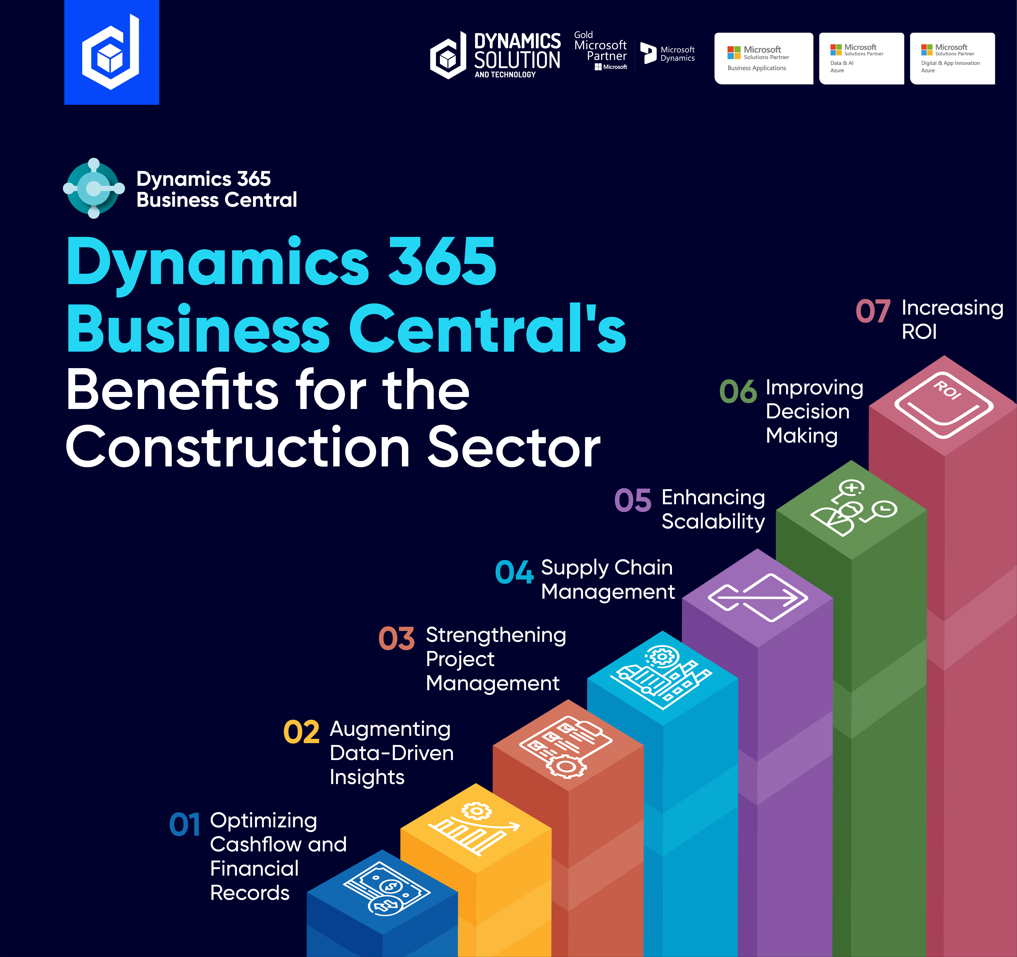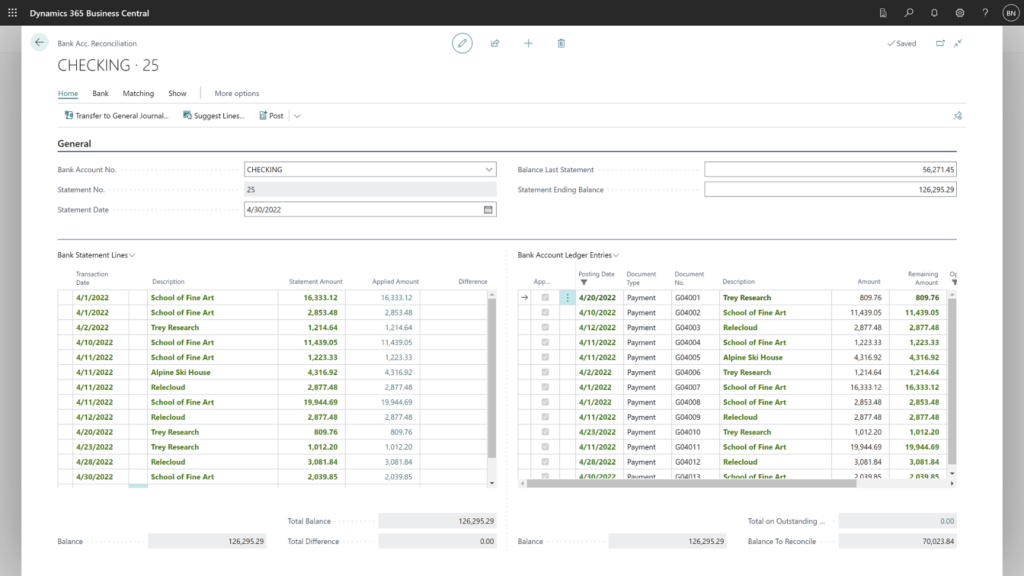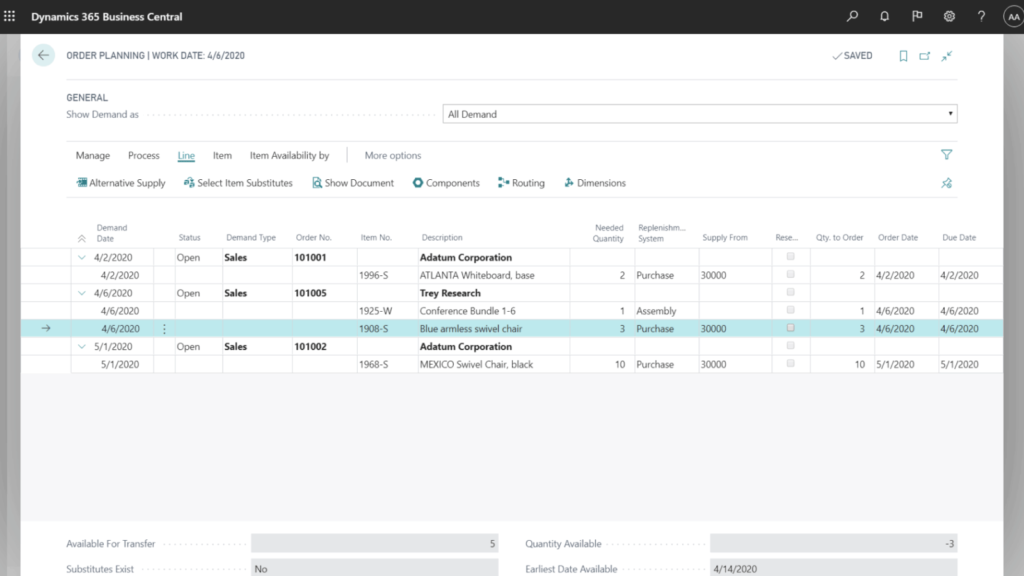With the evolution of ERP software, businesses, regardless of their size, are rapidly adopting ERP as a tool to digitize their business management. ERP’s industry applications are vast; from manufacturing to service industries, businesses are attuning to the recent data-driven technological shifts.
Serving as the backbone of digitally enhanced businesses, ERP solution provides a sophisticated set of data-driven solutions. These solutions enable businesses to unify their operational processes and enhance their efficacy. ERP contributes monumental benefits to a business’ growth and profitability. It saves cost, increases visibility, optimizes time, and expedites workflows to achieve maximum efficiency.
Similarly, with an ever-shifting business dynamic, construction businesses also need to benefit from ERP implementations. They need to be effectively prepared to keep up with the dynamic market and the ever-increasing competition.
The aim for this blog is to emphasize how the construction sector can greatly benefit from ERP implementations and is prone to suffer without it.
Challenges Encountered by Construction Firms Emphasizing ERP Necessity
The complex nature of the construction industry causes it to regularly face multi-faceted challenges. These challenges range from management issues to regulatory compliance ones. According to a McKinsey study, construction productivity has remained flat since 1995, while the manufacturing productivity has nearly doubled.
The wide-spread and complex nature of construction businesses makes it difficult for business managers to grapple with the ever-rising disparities both on-site and in offices. Problems with the supply chain, regulations or even mismanaged payments can cause disruption in the flow of the entire construction lifecycle.
Difficulty in tackling mismanagement of core processes and the ever-increasing customer expectations highlight the need for a comprehensive business management solution. Core construction business problems that further validate this need are:
Wide-Scale Project Management: Large construction enterprises have multiple projects going on at the same time, at various locations with many variables. Simultaneously managing these projects while considering the location differences, project intricacies and financial complexities result in overworked and frustrated project managers. Consequently, the chances of errors and discrepancies in data entry or coordination from their end rise significantly.
Incorrect Cost Estimation: Cost estimations are a crucial aspect of a construction business since they are related to the business’ overall profitability. According to McKinsey, around 98% of large construction businesses face more than 30% cost overruns. Lack of proper planning and updating of the design changes causes incorrect cost estimations.
Disrupted Supply Chain: Seamless execution of projects requires a steady flow of controllable factors like supply chain. Delays in the supply of building materials, machinery, and lack of information on expected delays result in overall project delays and increased project costs.
Regulatory Compliance: Ensuring compliance with a multitude of regulatory standards related to safety, environmental concerns and building codes simultaneously can be particularly challenging. Lack of compliance information results in lawsuits and other legal hindrances which hinder the project lifecycle.
Mismanaged Cashflows: Due to the cyclical nature of project workflows, it is crucial for finance departments to effectively manage cash flows to hinder any complexities. Vendor payments, client payments, bank leases and contractor payments need to be simultaneously managed. Any hitch in the payment flow means delay in other aspects of the projects.
Inefficient Data Handling: Multiple projects mean multi-faceted data inflows like finances, vendors, transactions, design changes, contractual and workforce information for every project. This data can only be utilized properly if stored in a unified way. Scattered data decreases visibility and hinders analytical insights. Without proper insights, risk management and business forecasting suffer.
Construction Companies’ Gains Through Microsoft Dynamics 365 Business Central:
Digital transformation is a transformation for both people and the processes. In the construction landscape, strategic planning is a key element to boost productivity and profitability. All expenses and records need to be a click away or else business planning suffers. Considering the rising administrative challenges, construction companies have rapidly started to digitally upscale their businesses to minimize the instances of important records buried deep in their file cabinets.
To boost business efficiency, employee satisfaction and scaled profitability, construction businesses need top notch ERP system like Microsoft Business Central which generally ensures:
- Seamless Processes
- Functional SOPs
- Enhanced Expense Management
- Efficient Payment Recoveries
- Infallible Quality Control
- Accentuated Field Experiences
Business Central is a sophisticated solution which has evolved to target each industry categorically. Similarly, it has significantly evolved for construction companies to provide seamless processes and enable them to get a competitive edge.

Construction businesses can vastly benefit from Business Central implementations to streamline their processes and expedite productivity. Business Central has been optimizing the construction industry through:
Strengthening Project Management: Business Central’s centralized data management capabilities provide construction firms with the ability to effectively manage geographically widespread projects. With predefined SOPs and automated administrative tasks, project managers can seamlessly integrate new or existing projects with Business Central, save time, and mitigate complexities. With real-time access to data categorized project-wise, project managers can remotely track progress and effectively foresee major or minor complexities.
Augmenting Data-Driven Insights: Business Central’s ERP solution not only stores and categorizes organizational data; it also effectively expedites insights with real-time analytics. Data-driven insights enable construction companies to predict payment, productivity and market trends and form business strategies to effectively navigate through a volatile market. AI-powered analytics tools further enable companies to improve their cost estimation strategies and effectively mitigate cost overruns.

Optimizing Cashflow and Financial Records: By streamlining and digitizing financial operations, finance managers can effectively keep track of vendor and contractor payments and project expenses through Business Central’s financial management capacity. An optimized cash flow means less chances of a disrupted project cycle since the administration will be able to effectively point out cash delays in real-time and prepare for it accordingly.
Supply Chain Management: By providing real-time access to inventory data and internal orders, Business Central enables construction managers to keep track of the procurement of building materials. An enhanced procurement strategy also minimizes the chances of overstocking or order delays, effectively optimizing project expenses.

Enhancing Scalability: Business Central efficiently unifies organizational data and enables scalability to mitigate the fluctuating market demands. With enhanced scalability, construction firms can conveniently scale their operations without having to reinvest or overinvest in their infrastructure. Consequently, construction firms can optimize cost and time by digitizing their operational processes.
Improving Decision-Making: Business strategies are an essential ingredient which contribute to a business’ success. With centralized data and real-time analytics, construction firms are up to date with their project progress and concurrent complexities. This influences the stakeholders’ decision-making to be well-informed and compliant with regulations. Improved decision-making results in successful business strategies which enable the construction firms to gain a competitive edge in the market.
Increasing ROI: By enabling construction firms to gain operational excellence, increasing accessibility through portable devices, and automating menial admin tasks, Business Central’s implementation ensures a heightened ROI and profitability. By enhancing project communication and minimizing errors, construction firms can effectively mitigate the construction rework and business losses.
The possibilities of enhanced operational excellence provided by Business Central as an ERP solution are endless. If construction firms adapt ERP as a core functional aspect, they can multiply operations while gaining a myriad of benefits. ERP implementations bolster the construction productivity and profitability and position construction companies to successfully keep up with a fluctuating construction landscape.
Unearthing the ERP Benefits of Dynamics 365 Business Central for Your Construction Firm | Dynamics Solution and Technology
The need to expedite the success of construction businesses in today’s competitive yet fluctuating market is paramount. Business scalability with streamlined processes is a cornerstone for their survival. Microsoft Dynamics 365 Business Central ERP solution is a benchmark of operational excellence. Its process efficiency and top-notch data management capabilities arm construction businesses to remain anchored against their competitors.
Dynamics Solution and Technology, as a credible Microsoft Solutions Partner emerges as your strategic partner. Our team of seasoned professionals seamlessly implements Dynamics 365 in businesses to accelerate their sustainable growth. Our extended range of digitally evolved clientele across continents is testament to our unending dedication to excellence.
To turn your pain point into operational excellence and increase business productivity, contact us today and let our consultants guide you on which modules of Dynamics 365 can kickstart your digital evolution.







